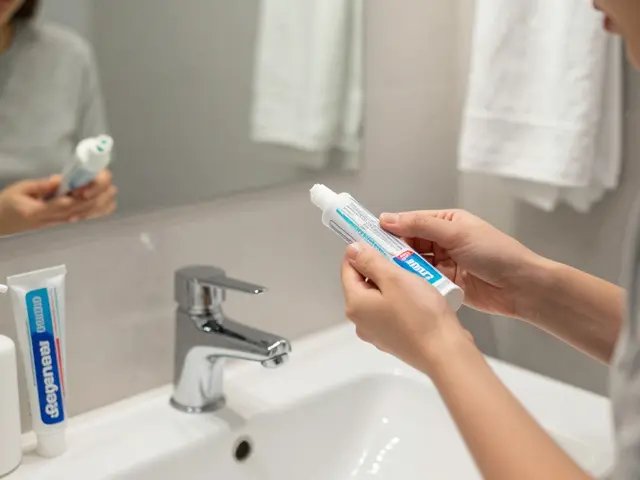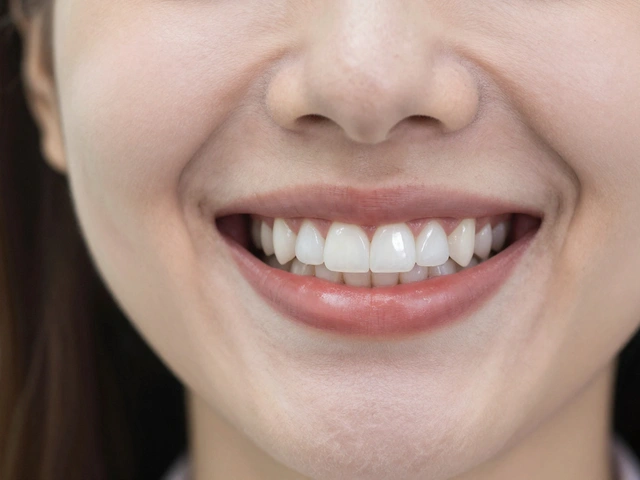Dětský zubař – kompletní péče pro malé úsměvy
When you look for a dětský zubař, stomatolog specializovaný na péči o ústní zdraví dětí od prvního mléčného zubu až po přechod na trvalé. Also known as pediatrický zubař, he or she combines klinické dovednosti s citlivým přístupem ke staříčků i jejich rodičům.
The core of a pediatric dentist’s work includes early detection of caries, guidance on proper brushing technique, and planning of orthodontic interventions when needed. This means the dětské zuby, mléčné i první trvalé zuby, které růstem a vývojem podléhají specifickým rizikům are constantly monitored. At the same time, ústní hygiena, každodenní péče zahrnující kartáčování, používání dentální nitě a fluoridové pasty becomes the foundation for preventing decay and gum problems.
One semantic link you’ll notice is that dětský zubař requires dobré komunikační dovednosti because educating parents is as important as treating the child. Another connection: ústní hygiena influences zdraví dětí not only in the mouth but also in overall wellbeing, as research shows a link between oral inflammation and systemic issues.
Co můžete očekávat při první návštěvě
During the initial check‑up, the dentist assesses the ortodontii, možnosti budoucího vyrovnání zubů pomocí rovnátek nebo jiné korekční léčby. If crooked teeth or bite problems are spotted early, simple interventions like space maintainers can save a lot of time later. The exam also includes a quick visual of any plaque buildup, which signals whether the child's brushing routine needs adjustment.
Parents often ask how often they should bring their child to the dentist. The answer: at least every six months, unless the dentist recommends a different interval based on the child’s risk profile. Frequent visits allow the pediatric dentist to catch early signs of cavities, monitor the eruption pattern of permanent teeth, and discuss fluoride use or sealants.
Another important aspect is dietary advice. Sugary snacks and frequent sipping of fruit juices increase the risk of early childhood caries. A pediatric dentist will suggest practical swaps – like offering water between meals and choosing cheese or raw vegetables as snacks – to keep the enamel strong.
Because children react differently to dental environments, many pediatric offices are equipped with child‑friendly décor, distraction tools, and even video glasses for those who need extra comfort. This shows how the dětský zubař blends medical expertise with a playful atmosphere to reduce anxiety.
When it comes to treatment, the dentist may apply fluoride varnish, place sealants on molars, or perform a minimally invasive filling. All these procedures are tailored to the size and shape of a child's tooth, which differs from adult dentistry.
Finally, the pediatric dentist often collaborates with schools and community programs to spread awareness about oral health. These outreach activities reinforce the message that good brushing habits start at home but are supported by professional guidance.
All these points illustrate why the relationship between dětský zubař, dětské zuby, and ústní hygiena is a three‑way street: the dentist provides expertise, the child practices daily care, and parents ensure consistency. The following collection of articles dives deeper into each of these areas, offering concrete tips, myth‑busting facts, and step‑by‑step guides you can use right away.





